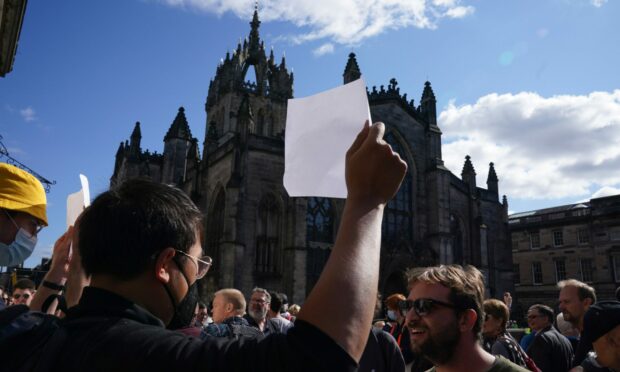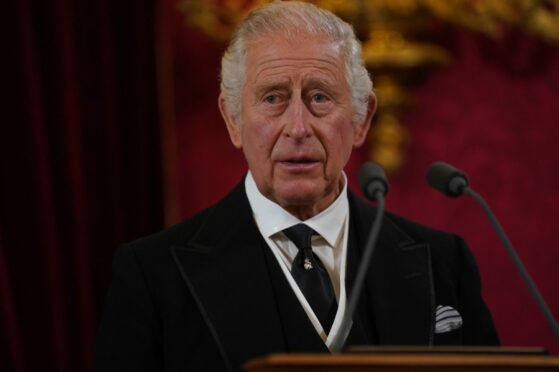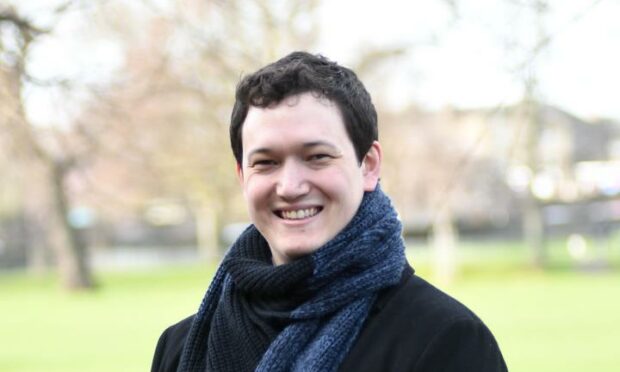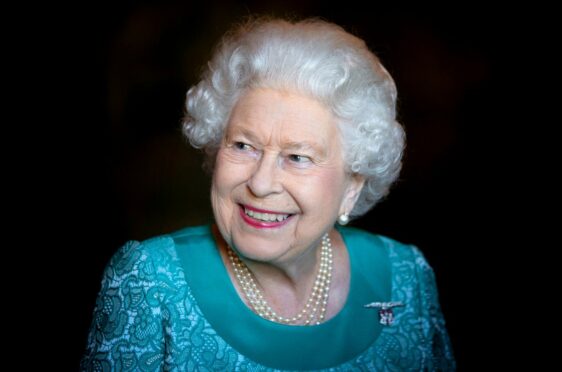Arrests made during protests directed at the monarchy in the days after the Queen’s death sparked allegations of freedom of speech being stifled.
Police faced accusations of heavy-handed tactics as multiple people were charged in alleged breach of the peace incidents, including in Edinburgh.
Is grief following the Queen’s death turning into something different as day-to-day life is restricted while the cost-of-living crisis grows?
What started these protests?
Some republicans wanted to protest against the Crown during a period of national mourning.
Demonstrators in Edinburgh from anti-royalist group Our Republic rallied while Charles was proclaimed King, and the Queen’s coffin lay in the Palace of Holyroodhouse.
A 22-year-old woman was arrested for allegedly holding up a sign which said the monarchy should be abolished.
On September 12, a 22-year-old man was arrested and charged for allegedly directing an insult at Prince Andrew while the Queen’s coffin was taken up the Royal Mile to St Giles’ Cathedral.
The arrests sparked further silent protests in the capital on the following day.
Elsewhere in Britain, demonstrators have been arrested or moved on by police.
Why are some people angry?
Protesters and senior politicians – including monarchists – fear freedom of speech has been stifled.
Tristan Gray, convenor of Our Republic, said: “It’s become a bigger story than being pro or anti-monarchy. It’s become a freedom of speech and right to protest story.
“We can’t be in a position where any institution of power is deemed unacceptable to protest against.”
Anger has also been directed at Prince Andrew’s role in ceremonial events since the death of his mother.
The Queen’s second oldest son previously stepped back from royal duties in disgrace over allegations of sexual abuse and his links to Jeffrey Epstein.
MPs and MSPs have criticised decisions to halt proceedings at Holyrood and Westminster while struggling families wait for action on the cost of living.
Both parliaments had just returned from summer recess when the Queen died. Since then, politicians have spent their time paying tributes to the Queen.
King Charles has also received attention for being allowed to avoid inheritance tax on the Queen’s fortune.
Who supports the protests?
North-east Green MSP Maggie Chapman said arrests at protests in Edinburgh were “deeply concerning”.
She wrote: “Free speech underpins any democracy. Peaceful protest must be protected.”
Labour MSP Mercedes Villalba, who also represents the north-east, criticised the decision to suspend parliament and “impose a period of mourning”.
She said: “I am deeply troubled by the control exerted over public life in recent days.
It is one thing to expect respect and empathy for those grieving a loss, it is quite another to impose a period of mourning, close parliaments and arrest dissenters.”
Meanwhile, veteran Tory MP David Davis wrote to Police Scotland’s chief constable, Iain Livingstone, outlining his concerns.
He said: “I speak as a strong monarchist, but nevertheless, I hope that members of the public will remain free to share their opinions and protest in regard to issues about which they feel strongly.”
Will protesters be punished?
In Scotland, breaches of the peace come under common law, which means there is no catch-all definition and convictions may rely on previous rulings.
Professor Pamela Ferguson, an expert from Dundee University who has written a book on breach of the peace, said a key factor is whether any alleged offence causes a serious disturbance to the public.
But when it comes to protest, this has to be balanced with the right of citizens to hold demonstrators.
The legal expert said: “Breach of the peace does not require a threat of violence.
“It’s enough that you cause a public disturbance, but that has to be balanced against the fact that any protest could be conceived of as disturbing the public peace. It’s a question of where you draw the line.”
Is this anything to do with independence?
King Charles faces the immediate prospect of dealing with the SNP’s push for independence.
However, Nicola Sturgeon and most of her party’s senior figures publicly back retaining the monarchy if Scotland leaves the UK.
The first minister praised the Queen following her death and said it was an “honour” to welcome King Charles to Holyrood.
Discontent against the monarchy has transcended the political divide, instead focusing on civil rights and disparities between the Crown’s wealth and escalating poverty across the country.







Conversation